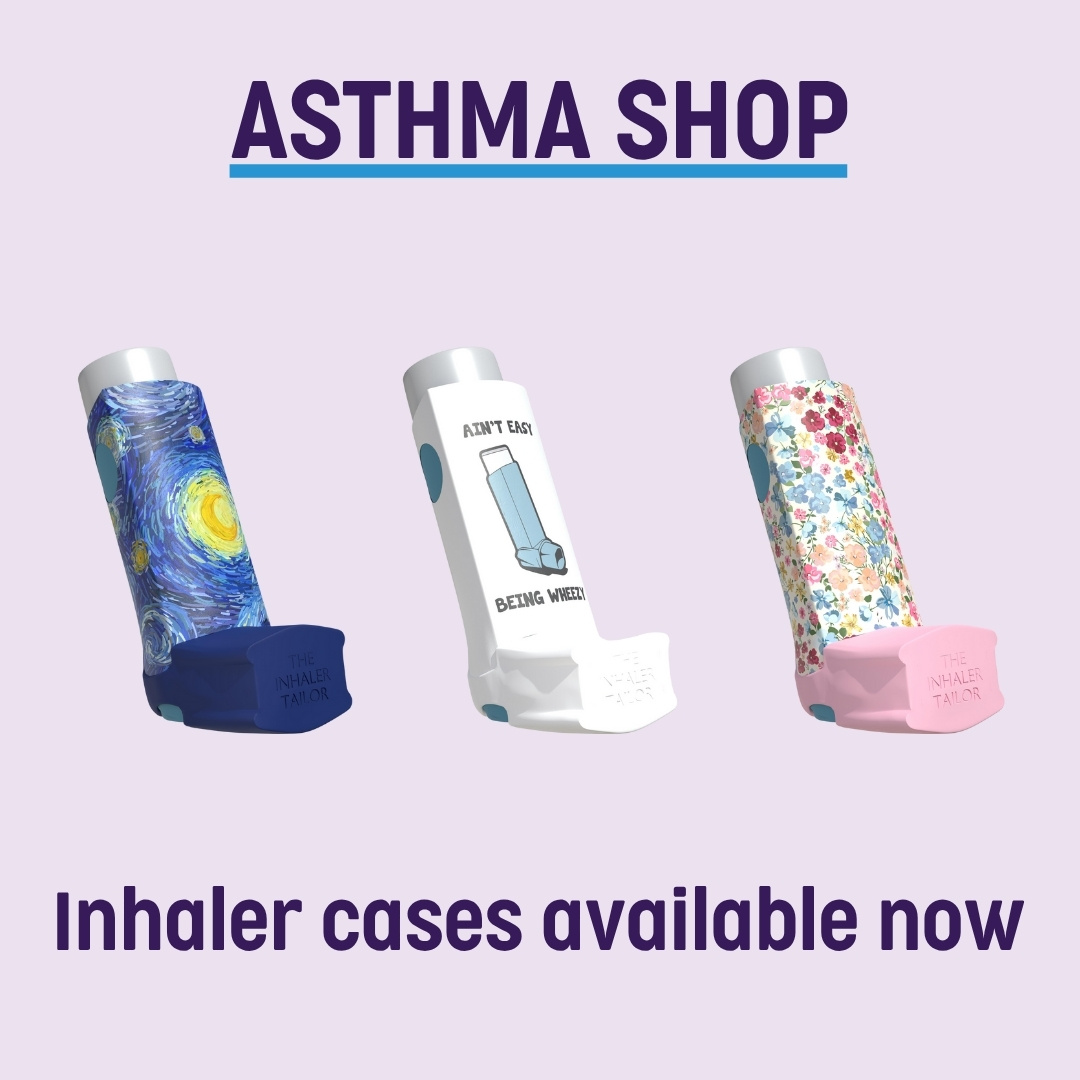Asthma Australia has today issued advice to the 2.5 million Australians living with asthma to be more vigilant with their asthma and hay fever treatment now that allergy and thunderstorm season is upon us.
As part of its campaign to bring greater awareness to the potentially sinister side of hay fever, Asthma Australia’s annual asthma and allergy campaign is encouraging Australians experiencing hay fever symptoms to seek medical advice from their GP or Pharmacist and to keep abreast of changes in weather conditions.
Data shows higher than usual rates of asthma and hospitalisations during the spring pollen season and Asthma Australia CEO Michele Goldman said people need to pay close attention to their asthma and allergies.
“At least 80% of people with asthma also have hay fever (or allergic rhinitis),” said Ms Goldman.
“Because hay fever and asthma can be triggered by the same pollen allergens, people with hay fever who experience symptoms of coughing or wheezing could also be experiencing symptoms of asthma.
“Unfortunately, research shows the presence of hay fever is associated with worse asthma control in both children and adults.
“We are urging people with symptoms to be vigilant about managing their asthma and hay fever in accordance with their Asthma Action Plan and Hay Fever Treatment Plan, and to see their GP for a review if they haven’t done so recently.
“Seeking information on pollen and weather conditions is another great way to be prepared,” Ms Goldman said.
In a survey recently conducted by Asthma Australia, 75% of people with asthma who experienced hay fever symptoms were aware that hay fever could make their asthma harder to control. However, two in five of these people (41%) had never spoken to a GP about their symptoms or treatment.
Alannah Woods is a singer who lives with asthma and is often triggered by pollens.
“I had been living with asthma for 20 years before I sought out an Asthma Action Plan from a GP,” said Ms Woods.
“During pollen season, my asthma used to be so much worse. It would affect my ability to sing and my overall quality of life.
“I now take a preventer daily and during allergy season, I follow my Action Plan if my asthma is affected by hay fever. My Action Plan helps me deal with the increased risk to my asthma due to my allergies,” she said.
Asthma Australia has joined The AusPollen Partnership, in a bid to help combat the high incidence of allergic rhinitis and asthma in Australia, Working on the Australian Aeroallergen Network Collaboration for The AusPollen Partnership, Professor Janet Davies of the Queensland University of Technology said grass pollens were the major outdoor allergy trigger in Australia.
“The AusPollen Partnership is building a standardised pollen monitoring network to provide local daily information on grass pollen levels in the air to help people with hay fever and asthma,” said Professor Davies.
“Australia is one of the few countries in the developed world without a national pollen count program,” she said.
In 2016, a major weather event in Melbourne caused significant numbers of asthma related hospitalisations, and the highest single number of deaths caused by asthma in Australia.
“Combined with an individual Asthma Action Plan, initiatives like AusPollen will be another tool to help people be better prepared for high pollen days, should pollen be a trigger for their asthma,” said Ms Goldman.
“We encourage people with asthma to be aware of adverse weather conditions and to have their reliever medication readily available. We also encourage people to ensure that their loved ones, work colleagues and people in their community understand how to assist with asthma management should they have a flare up,” she said.
For more information about asthma and allergy management, call the free 1800 ASTHMA (1800 278 462) service to speak to an Asthma Educator, consult your GP or Pharmacist, or visit https://asthma.org.au/about-asthma/triggers/hay-fever/
Asthma Australia’s Asthma and Allergy Campaign is proudly supported by Bayer, Flo and AstraZeneca.
Asthma Australia is supporting The AusPollen Partnership with a four year investment totalling $60,000. The AusPollen Partnership is building a standardised pollen monitoring network to provide local daily information on grass pollen levels in the air to help people with hay fever and asthma. To access AusPollen Apps to track pollen levels visit https://auspollen.edu.au/. People can find out more information on controlling hay fever from the Australian Society for Clinical Immunology and Allergy (https://www.allergy.org.au/patients/allergic-rhinitis-hay-fever-and-sinusitis). To help AusPollen understand how the pollen information is useful, people can complete this questionnaire (https://survey.qut.edu.au/f/192287/435d/) and access AusPollen Apps at https://www.pollenforecast.com.au/





 1800 278 462
1800 278 462



